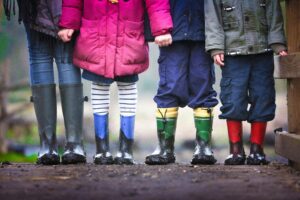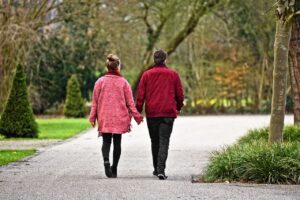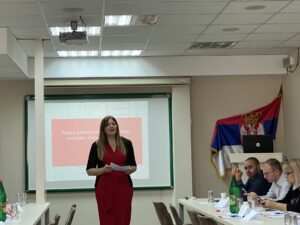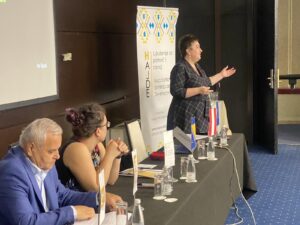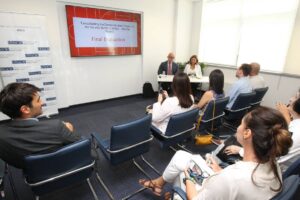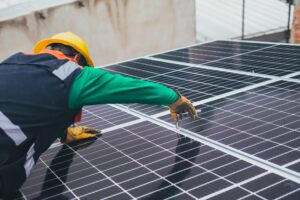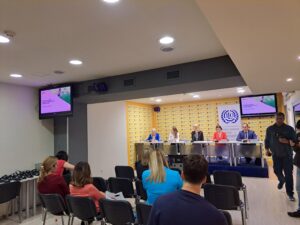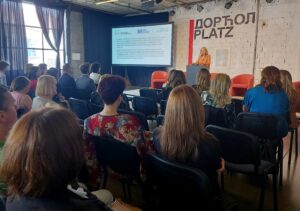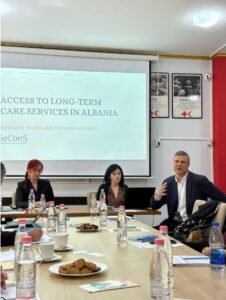SeConS Development Initiative Group actively participates in the “Sunny Schools in the Western Balkans” Initiative, which aims to create a blueprint for involving key social actors – such as state schools, local self-government units, and local communities – in the energy transition process by enhancing their capacities to manage the production of clean/renewable, in this case, solar energy, through photovoltaic technology. By deploying this technology and installing solar panels on school rooftops, enough electricity can be produced to make the schools climate-resistant and energy-neutral. The money saved on electricity bills can be used to finance various school necessities.
